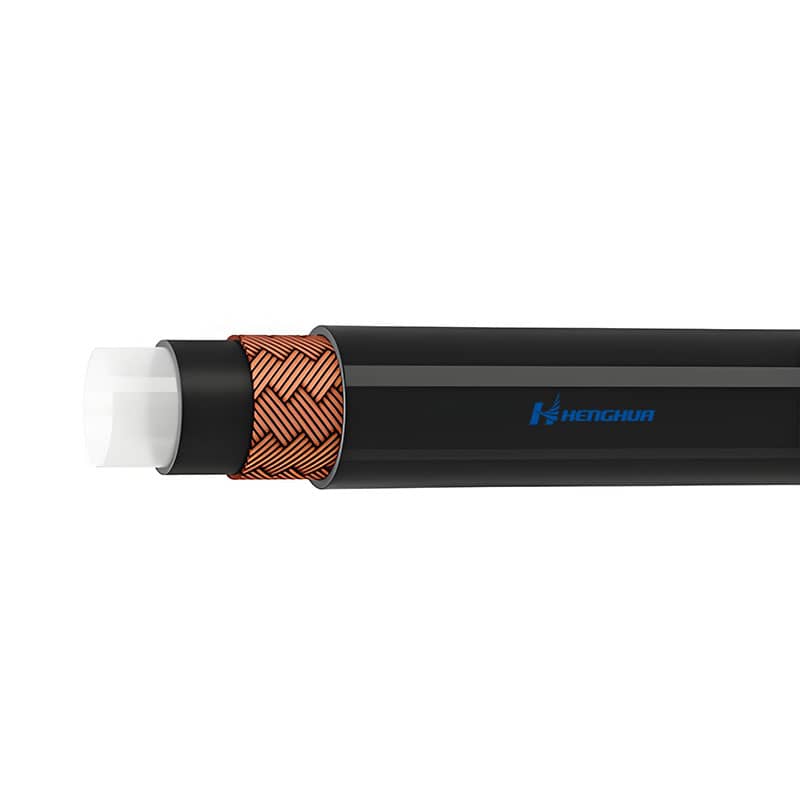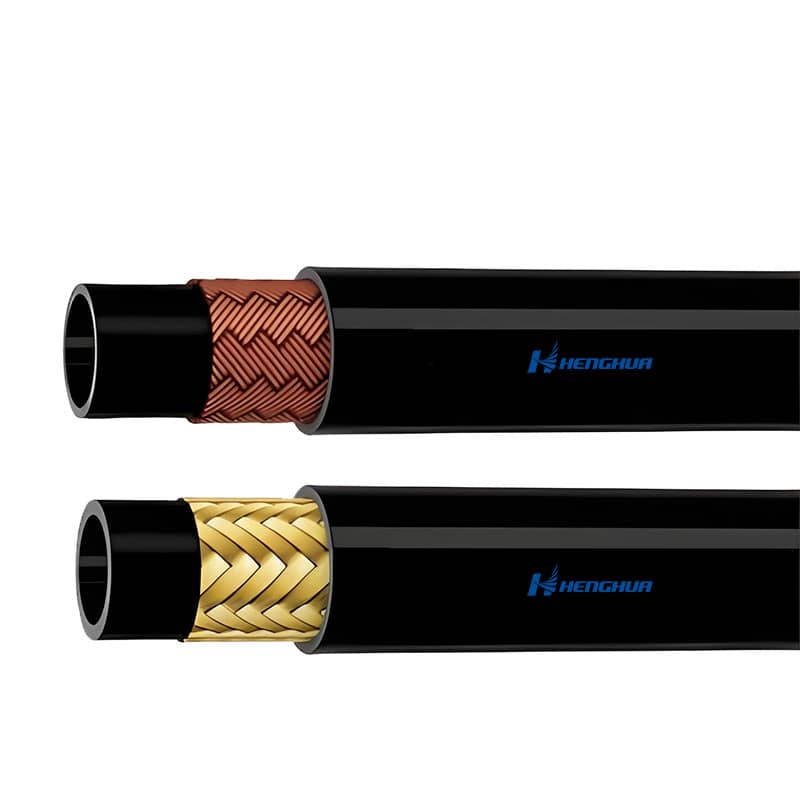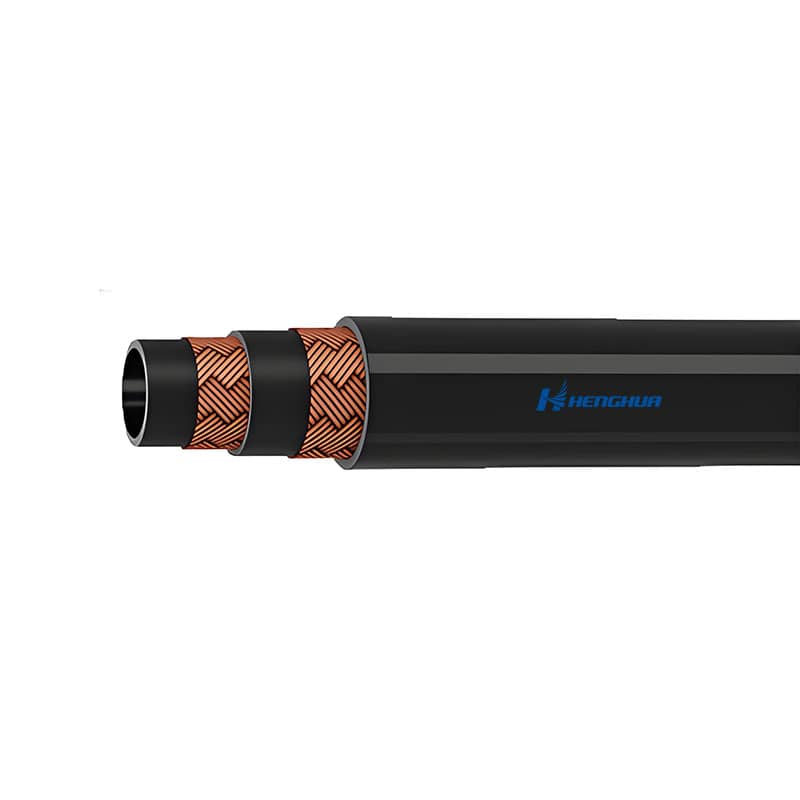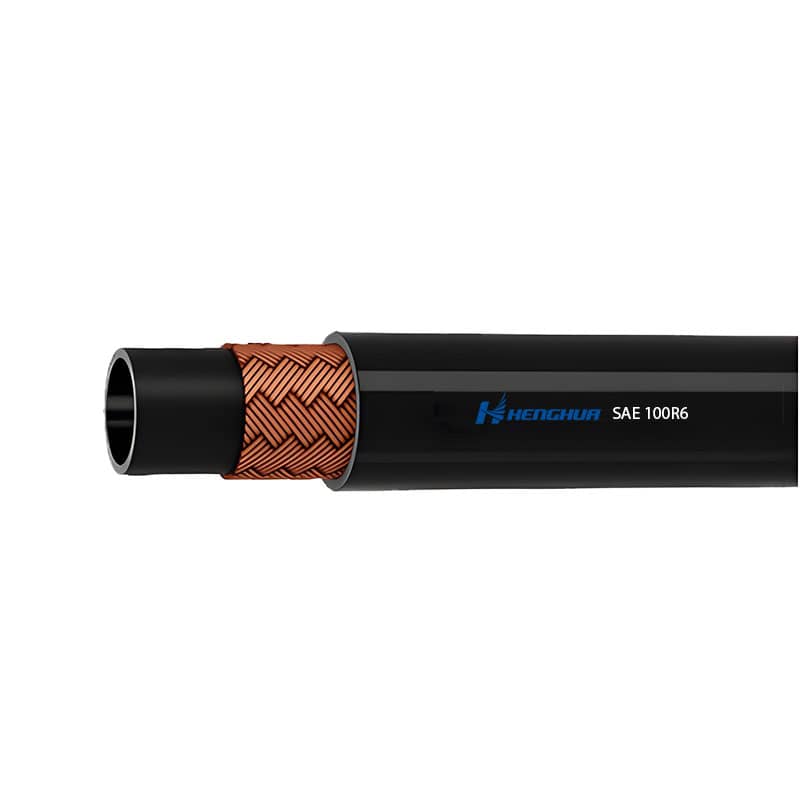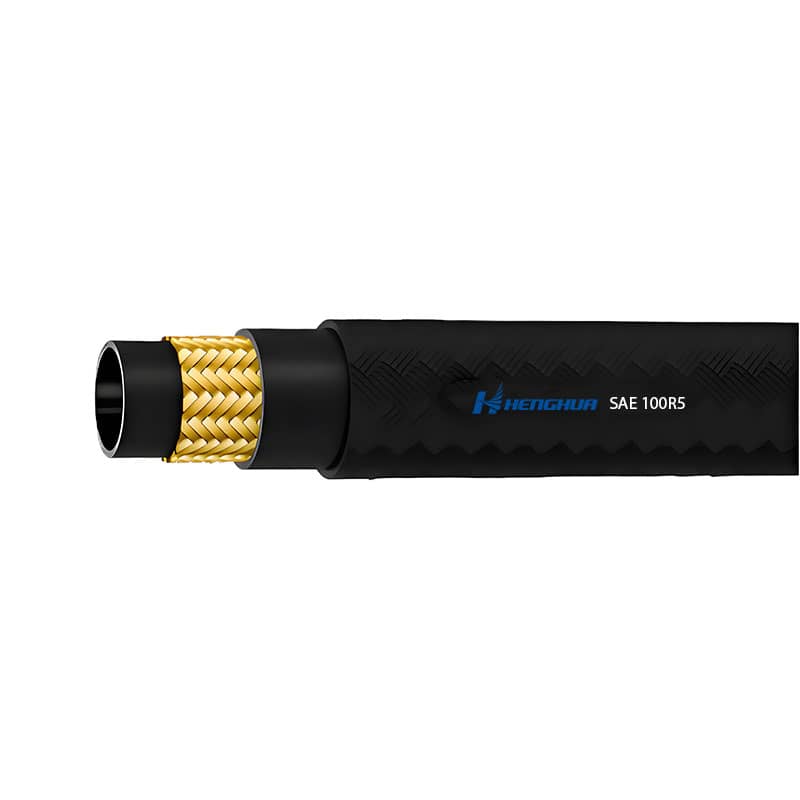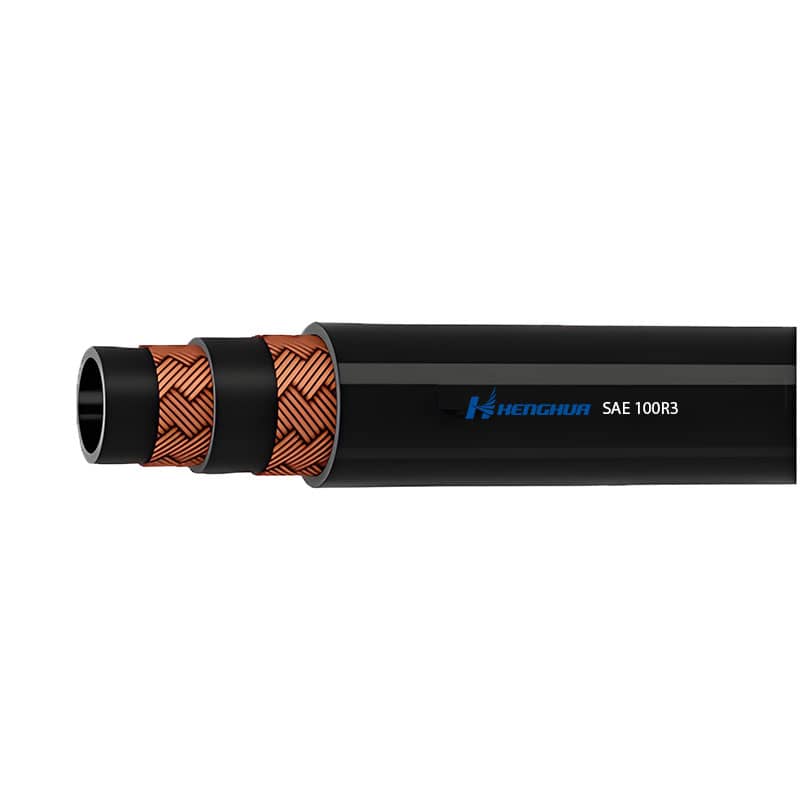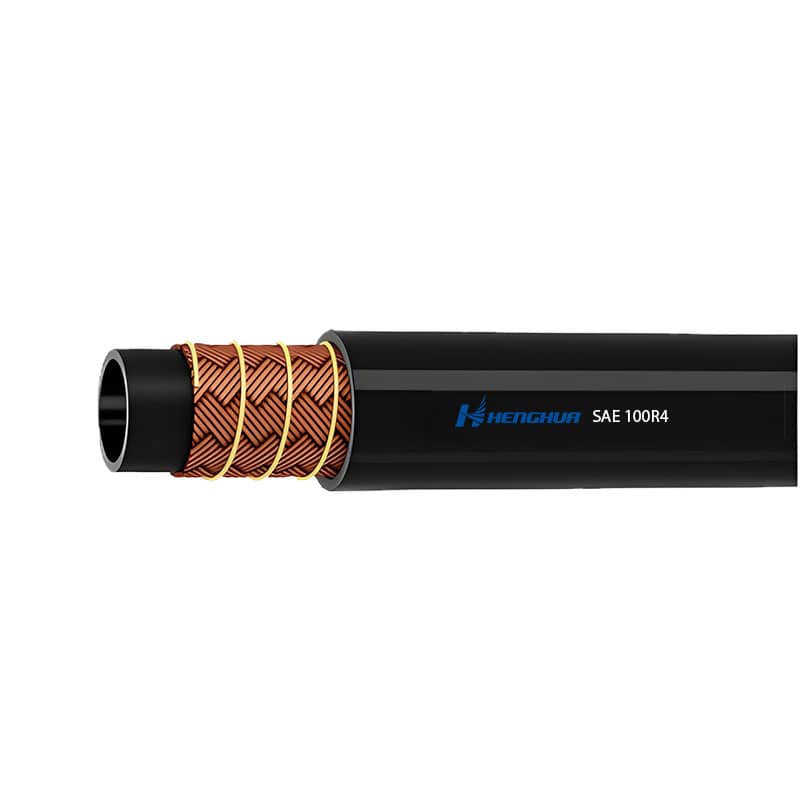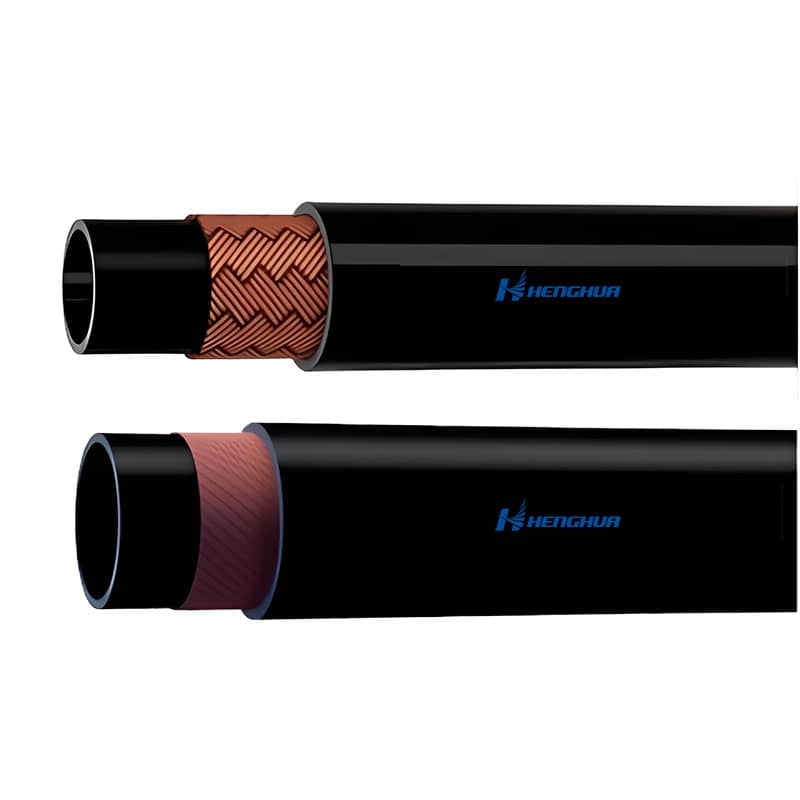The Importance of Reliable Petroleum Transfer Hose Suppliers
When it comes to industries such as oil and gas, construction, or chemical processing, the need for high-quality petroleum transfer hoses cannot be overstated. These hoses are vital for transporting petroleum and other hazardous liquids safely and efficiently. However, finding a reliable supplier for your petroleum transfer hose can be challenging. With the vast number of options available, it's important to choose suppliers who offer high-quality hoses that meet industry standards and safety guidelines. In this article, we will explore the factors to consider when searching for reliable petroleum transfer hose suppliers and where to find them.
Key Factors to Consider When Choosing Petroleum Transfer Hose Suppliers
Experience and Reputation
A supplier's experience and reputation are two of the most important factors when selecting a petroleum transfer hose provider. Established suppliers with years of industry experience typically have the know-how to meet your specific requirements. Be sure to look for suppliers with positive customer reviews, certifications, and a proven track record in the industry. This will ensure that they understand the specific needs for petroleum transfer hose applications, such as the varying pressure ratings and durability required for transporting petroleum.
Product Quality and Compliance
Ensuring that your petroleum transfer hose is of high quality is crucial for the safe and efficient transfer of petroleum products. Reliable suppliers will offer hoses that comply with industry standards such as ISO, SAE, and API, which ensure that the products are safe, durable, and capable of withstanding the necessary conditions. Check whether the supplier provides certification details and test reports for the hoses.
Customization and Range of Options
Depending on your specific needs, you may require a customized petroleum transfer hose. A good supplier should offer a range of options, including different hose materials, sizes, and configurations. Some suppliers specialize in offering petroleum transfer hose assemblies, including fittings and custom lengths. Be sure to consider your unique requirements, whether it's a fuel delivery hose, petroleum suction hose, or any other specialized product.
Top Sources for Reliable Petroleum Transfer Hose Suppliers
Industry-Specific Suppliers
There are several petroleum transfer hose manufacturers that specialize in providing hoses for the oil, gas, and chemical industries. These suppliers understand the stringent safety guidelines and specifications that come with petroleum transfer. Look for suppliers who focus on this industry, as they will be able to provide you with hoses that meet all necessary safety, performance, and regulatory standards.
Online Platforms and Marketplaces
In addition to direct manufacturers, there are several online platforms where you can find reliable petroleum transfer hose suppliers. Websites like Alibaba, Amazon, and others feature a wide range of suppliers offering petroleum hoses and fittings. However, it's essential to carefully vet these suppliers by reading reviews, checking ratings, and asking for product samples before making a purchase.
Local vs. International Suppliers
When selecting a supplier, you may have the option of choosing between local and international suppliers. Local suppliers may offer the advantage of quicker delivery times and lower shipping costs. On the other hand, international suppliers may offer a broader selection of petroleum transfer hoses and more competitive pricing. Weigh the pros and cons of both options before making a decision.
How to Verify the Credibility of Petroleum Transfer Hose Suppliers
Checking Certifications and Compliance
It's crucial to verify that the supplier provides petroleum transfer hoses that meet industry standards. Look for certifications like ISO 9001 (quality management), API (American Petroleum Institute), or UL (Underwriters Laboratories). These certifications indicate that the supplier's products have been tested and meet international safety and performance standards. Request documentation from the supplier to verify compliance.
Reading Customer Reviews and Testimonials
One of the easiest ways to gauge the reliability of a petroleum transfer hose supplier is by reading customer reviews and testimonials. This can give you valuable insight into the suppliers product quality, customer service, and delivery times. Look for suppliers with consistently positive feedback from other businesses in your industry.
Requesting Samples and Product Testing
Before committing to a large order, request samples of the petroleum transfer hose and test them for quality, flexibility, and durability. Testing will help ensure that the hose meets your needs and can handle the specific applications you require, whether it's transferring oil, gas, or other petroleum-based products.
Price Range and Value for Money
Factors Influencing Petroleum Transfer Hose Prices
The price of petroleum transfer hoses can vary depending on several factors, including hose length, material, pressure rating, and the supplier's reputation. Higher-quality materials and hoses with specialized features, such as petrol-resistant hoses or hoses designed for high-pressure applications, will typically come at a higher price.
Understanding Price Comparisons
While price is an important factor in your purchasing decision, be sure to consider the value for money. Don't just opt for the cheapest option. Instead, look for a petroleum transfer hose supplier who offers competitive pricing while maintaining high-quality standards. Comparing prices from multiple suppliers will help you make a more informed decision.
Avoiding Low-Quality, Cheap Alternatives
While it can be tempting to go for the lowest-priced option, remember that petroleum hoses are critical to safety. Low-quality hoses can result in leaks, bursts, or catastrophic failures during petroleum transfer. Always prioritize quality and compliance over price alone.
Top Petroleum Transfer Hose Manufacturers and Their Offerings
Global Leaders in Petroleum Transfer Hose Manufacturing
Some of the leading manufacturers in the petroleum transfer hose industry include companies such as Gates, Continental, and Parker. These brands have a reputation for providing durable and reliable hoses that meet high standards for petroleum applications. They offer a range of hoses, including fuel delivery hoses, petroleum suction hoses, and custom assemblies.
Niche Manufacturers Specializing in Specific Applications
For specialized needs, consider niche manufacturers who specialize in certain types of petroleum transfer hoses, such as oil transfer hoses or gas tank filler hoses. These suppliers may offer custom solutions for specific industries or petroleum products.
Product Offerings from Top Manufacturers
Leading manufacturers offer a variety of products, including tank truck hoses for high-pressure applications, petroleum discharge hoses, and fuel delivery hoses. Some suppliers also offer petroleum hose fittings and hose assemblies to provide a complete solution for petroleum transfer systems.
Finding a reliable petroleum transfer hose supplier is crucial to ensuring the safe and efficient transfer of petroleum and other hazardous liquids. By considering factors such as experience, product quality, compliance with safety standards, and price, you can find a trustworthy supplier who meets your specific needs. Whether you choose a local or international supplier, be sure to thoroughly vet the options available to you.
For more information on choosing the right supplier, you can refer to the following articles:
- Where Can I Buy A Petroleum Hose?
- How To Choose The Right Petrol Hose?
- Who Are The Leading Manufacturers Or Suppliers Of Fuel Delivery Hoses?
- What Factors Should I Consider When Buying A Petrol Fuel Hose?


